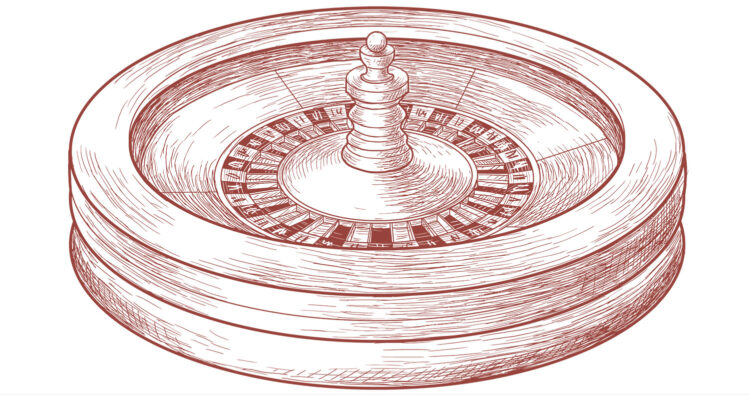Ryan Hong-Wai Ho and Ricky Wong delve into the complex world of casino loyalty programs and examine some of the fundamentals that make Macau’s casino programs tick.
Casinos generally provide rewards programs to encourage customer loyalty and acknowledge players for their continued patronage. These structured marketing strategies are designed to attract, retain and develop regular customers, with the aim of increasing player spend and fostering stronger relationships. Gaming patrons are typically provided with tiered benefits based on their level of engagement with the casinos. In Macau’s gaming industry, loyalty programs go beyond the casino environment and encompass a wide range of benefits and privileges, including access to various hotel and resort amenities.
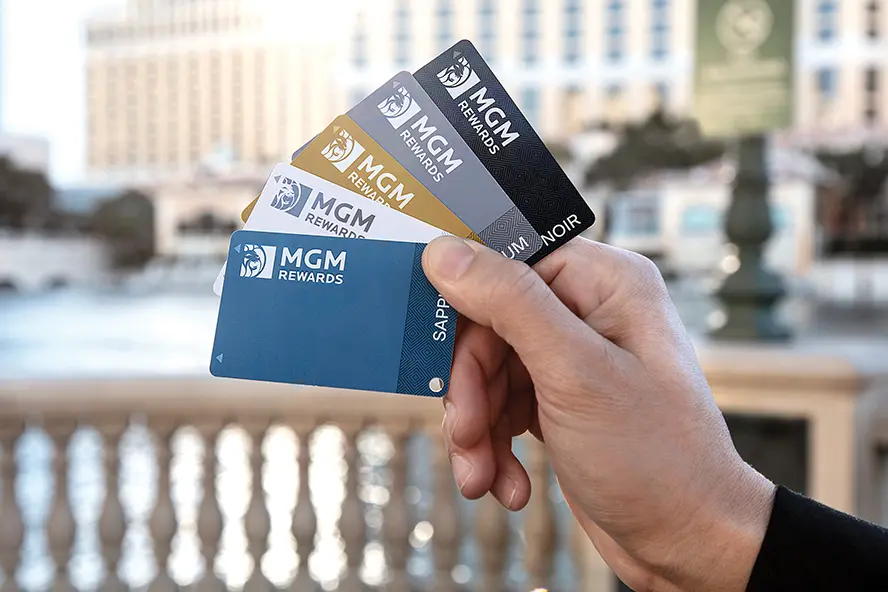 Membership tiers and benefits
Membership tiers and benefits
Macau casinos feature loyalty programs with membership tiers that span from mass to VIP levels. Most loyalty programs consist of four or five membership levels, with increasing benefits offered at each tier. The tier a member belongs to is generally determined by their play level and engagement. Rewards offered through loyalty programs vary widely but often include priority customer service, complimentary or discounted dining, entertainment and accommodation, and access to exclusive promotions and events.
The cornerstone of most loyalty programs is a points-based system. Players earn points for each dollar wagered at the casinos. For instance, rewards points can be redeemed for gifts, shopping, hotel consumption and other resort-specific products. It is worth noting that some loyalty programs might be overly complex or demand excessive effort to earn (unattainable) rewards, which can result in customer fatigue and disengagement.
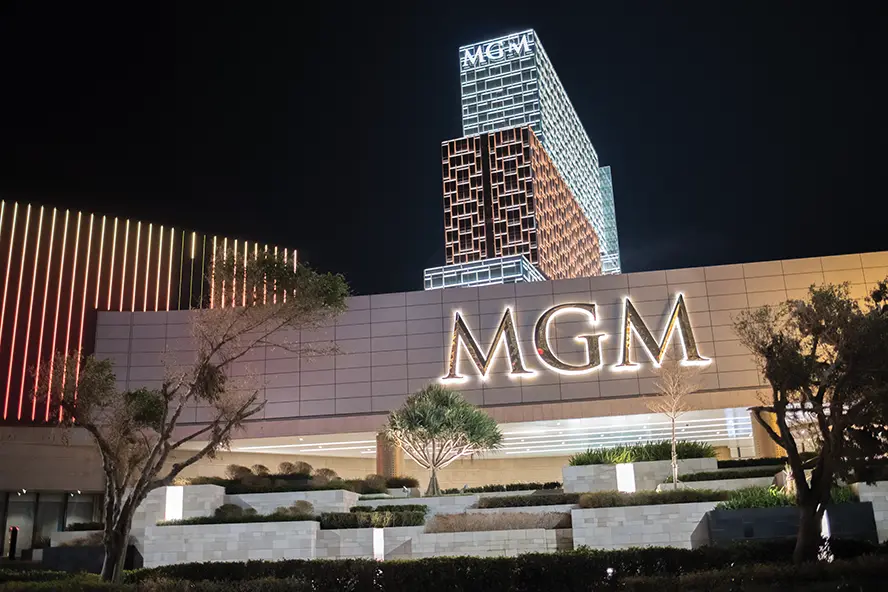 VIPs and premium mass players
VIPs and premium mass players
In addition to member benefits, Macau casinos have a rebate structure consisting of five or seven tiers for their direct VIP programs. While specific rebate rules vary from casino to casino, high rollers are typically eligible for a rebate ranging from 0.7% to 1.1% of their rolling chip play (See Table 1). This tiered rebate system provides further benefits and incentives to encourage high-betting VIP players to continue visiting the casinos.
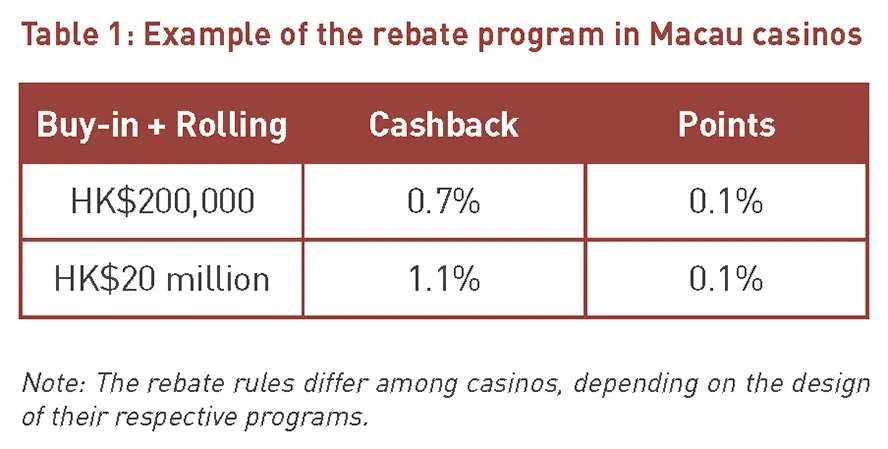 As for premium mass players, they are entitled to a diverse range of benefits. Non-negotiable promotional chips might also be offered to some unlucky players as an additional incentive upon completion of their gaming sessions. These promotional chips can range in denominations ranging from HK$1,000 to HK$100,000. Unlike VIP players, no cashback (commission) is generally provided to patrons in the premium mass market.
As for premium mass players, they are entitled to a diverse range of benefits. Non-negotiable promotional chips might also be offered to some unlucky players as an additional incentive upon completion of their gaming sessions. These promotional chips can range in denominations ranging from HK$1,000 to HK$100,000. Unlike VIP players, no cashback (commission) is generally provided to patrons in the premium mass market.
There has been some overlap among players from the premium mass and VIP segments. The player migration between the middle- and low-end VIP segment and the high- and middle-end of the premium mass market has been observed particularly after the recent collapse of the junket-driven VIP room system. Considerable efforts have already been made by most casino operators to shift toward the premium mass market, which has better profit margins compared to the VIP programs.
 Data-driven marketing
Data-driven marketing
Casino loyalty programs often involve comprehensive data collection. Customer relationship management (CRM) applications have been used to keep track of customer interactions and personalize their experiences. CRM tools allow casinos to gain valuable insights and better understand their patrons’ preferences, spending habits and gaming behaviors. By leveraging data-driven insights, casinos can customize their marketing efforts and operational decisions, delivering tailored offers to their preferred and VIP customers. For example, a casino can send targeted promotions to members based on their favorite games and spending habits.
Furthermore, most local casinos have effectively utilized mobile communications to enhance the overall customer experience. This involves using mobile apps and instant messaging platforms to allow members to track their points, redeem rewards, or receive personalized offers. With a profound understanding of individual preferences and behaviors, casinos can craft offers that deeply resonate with each individual member. All things considered, regular communication plays a vital role in maintaining brand awareness and strengthening the relationship with patrons.
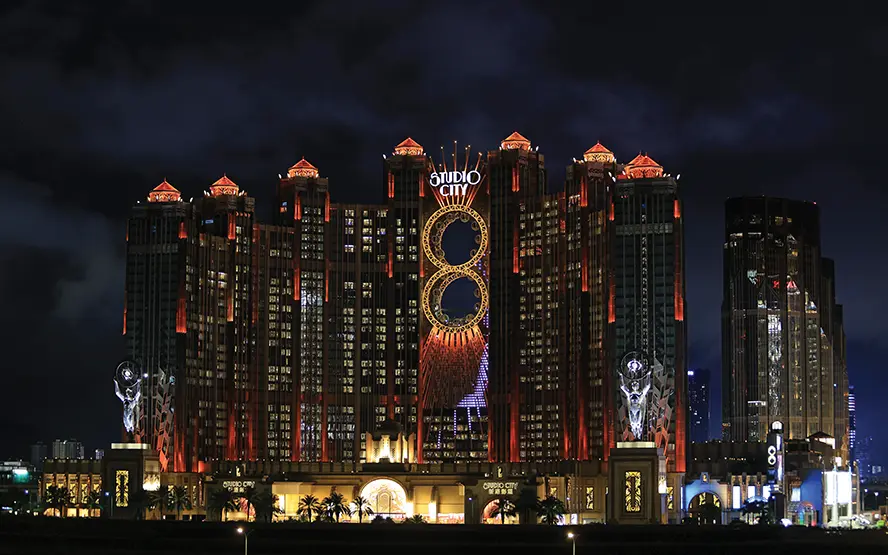 Legal and regulatory considerations
Legal and regulatory considerations
Loyalty programs can incentivize both new and existing customers to explore the products and services in casino resorts. It is also important to note that these programs must adhere to all applicable laws and regulations in Macau and other jurisdictions. While casino gaming is legal in Macau, gambling is strictly prohibited across the mainland China border. Since March 2021, China has implemented a new criminal law that imposes penalties specifically for organizing cross-border gambling trips.
Furthermore, Macau gaming law (Law No. 16/2001), as amended in 2022, stipulates that the dissemination of gaming-related information or activities in locations outside of the Macau SAR must adhere to the laws of those respective places. To ensure lawful and responsible gaming practices, casinos and other stakeholders must comply with the legal requirements specific to each jurisdiction.
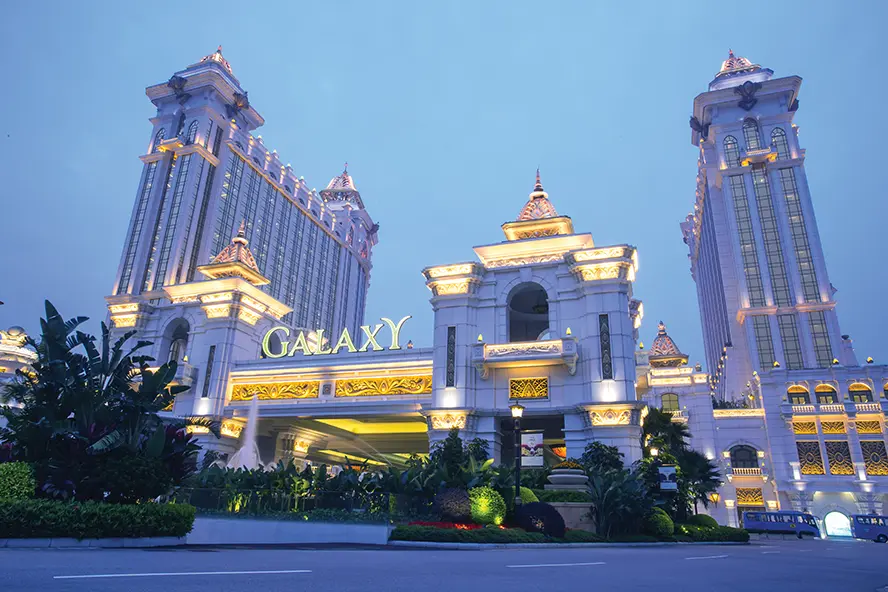 Going the extra mile
Going the extra mile
Casino gaming is a people business. By cultivating strong relationships with patrons, casinos can foster customer loyalty and encourage repeat business. However, increasing loyalty among players is an ongoing process that requires consistent effort and dedication. All casinos practically provide homogeneous products (such as casino games), which are deemed indistinguishable by patrons. Customer loyalty, therefore, hinges on the level of service provided. Service standards should be clearly communicated to both employees and customers, and operational personnel must deliver quality service and address customer needs at every touchpoint.
While casino games are predominantly based on luck and chance, front-line staff must recognize that one single negative service experience can drive their valued patrons to other casino properties. Service satisfaction is often perceived as a binary outcome. It is either zero or perfect, with little room for in-between! As a result, casinos must provide exceptional and consistent customer service. In the fiercely competitive gaming industry, the positive impact generated by a casino’s loyalty programs can also be overshadowed when rival casinos introduce attractive offers and promotions.
 Striking the balance
Striking the balance
Running a successful loyalty program can be costly primarily due to the expenses associated with manpower, member benefits and technology infrastructure. Casinos must carefully analyze the financial viability and return on investment of their loyalty programs. While casinos strive to provide a variety of options to different customer segments, it is crucial for them to ensure that their loyalty programs are designed to be easily understood and accessible for patrons across various tiers. Ultimately, casinos should strike a delicate balance of staying ahead of the competition while consistently delivering value and creating memorable customer experiences to overcome the transient nature of rewards and promotions.







